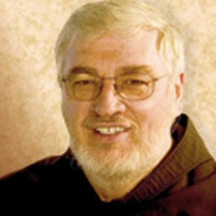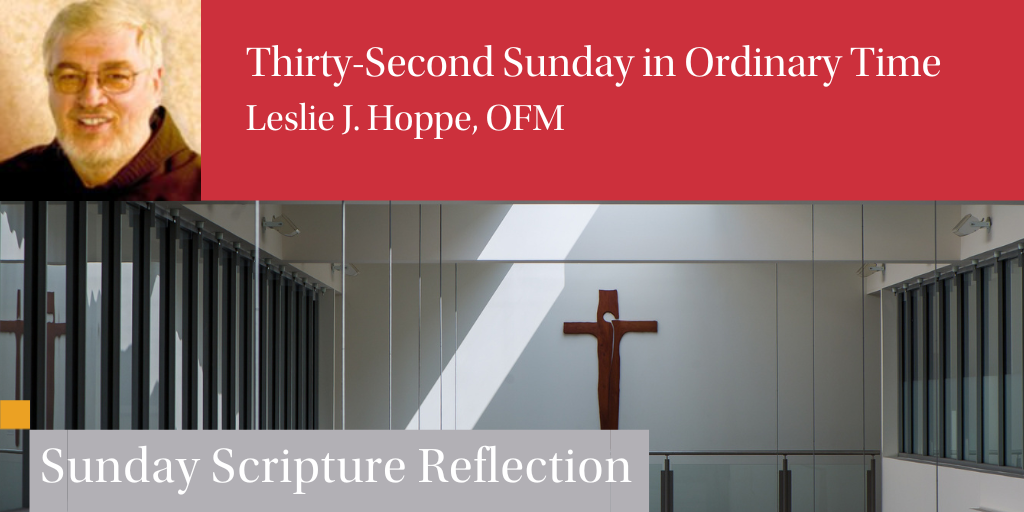
Readings:
Reading I: 2 Maccabees 7:1-2, 9-14
Psalm 17:1, 5-6, 8, 15
Reading II: 2 Thessalonians 2:16—3:5
Gospel: Luke 20:27-28
The hours of daylight are steadily diminishing. Leaves are turning colors and are falling to the ground. The temperature outdoors is getting chillier. Farmers are harvesting their crops. These signal the approaching change of season–that winter is coming. The change in seasons is matched by a change in the tenor of the Church’s liturgy. A few days ago, the Church observed the Commemoration of All the Faithful Departed. Next Sunday, the Church calls our attention to signs that will point to the end of this age. The Church has us look backward as we remember our beloved dead and forward to the Lord’s Second Coming. The focus of today’s readings is on the resurrection of the dead—a motif that is related to both our remembrance of the dead and the end of the age.
The setting for the story of the martyrdom of the mother and her seven sons is a time of persecution. The Greek rulers of the Holy Land demanded that the Jews to abandon their ancestral religious practices. The unnamed mother and her sons tell their persecutors that they willingly accept death because they will not disobey the commands of the Torah. They died believing in God who “will raise (them) up to live again forever” (2 Macc 7: 9). Their faith empowered the mother and her seven sons to face death with the confidence that they were not facing the end of life but the beginning of an entirely new life with God. One cannot hear this story without thinking of the millions of Jews dying in the gas chambers of the Nazi death camps with the words of the Shema on the lips.
The faith of the Maccabean martyrs is remarkable since belief in the resurrection of the dead was not widespread among the Jews of their day. The exchange between Jesus and the Sadducees, a conservative Jewish sect, attests that all Jews of Jesus’ day held this belief. Jesus’ words to those who ridiculed the belief in the resurrection asserts that the life that God will grant to the dead is not a continuation of this life. That life is something beyond our comprehension as Paul will later attest: “. . . What no eye has seen, nor ear heard, nor the human heart conceived, what God has prepared for those who love (God)” (1 Cor 2:9).
Each year nature passes through the cycle of life and death. But for those who believe, death is not the end but the beginning of an entirely new life. Indeed, that life begins already in this age. The Christian believer’s life with God begins with baptism. The Church’s sacraments serve to enhance that life, ensuring that there will be no end to the believer’s life with God. Those who love God will do so for all eternity.
Paul advised the Christians of Thessalonica to pray that “the word of the Lord may spread forward and be glorified” (2 Thess 3:1) as they awaited for the final revelation of the victory that Christ won over the power of sin and death. The Apostle did not ask the Thessalonians to pray for his safety in his travels though he suffered shipwreck during his missionary journeys more than once. Paul does not ask for prayers so that he be protected against persecution though he was imprisoned, whipped, and beaten during his missionary journeys. He does not ask for prayers that he receive financial and moral support for his missionary activity. The Apostle asks that they pray for triumph of the word of God that grants life to those who believe.
